Contemporary Japanese Architects
(Originally posted: 3/25/08 ~ 4/3/08)
In conducting research for the special edition of Japanese Designers 101, I was inspired by the many twists and turns that I found myself making. So for the rest of this week, and maybe into next, I would like to introduce the names and works of today’s contemporary architects. Included in this selection are Japanese architects that have particularly excelled in reinterpreting Japanese architecture while maintaining a traditionally Japanese aesthetic in their work.
————————————————-
House In Sakuradai (2006)
What attracts me to the work of Go Hasegawa is the use of the void to create a flow of space. It’s as if the architect punched a hole in places he wanted to improve communication.



————————————————-
Gallery in the Fields (2007)






————————————————-
House in Todoroki (2006)
This house reminds me a little of the New Museum, also designed by Japanese architects (SANAA).





————————————————-
Wow, this week has gone by crazy fast! And I’ve only shown a little less than half of the architects that I wanted to. Well, stay tuned for next week as I conclude this mini-series on contemporary Japanese architects. I’m really excited to introduce today’s architect. I really admire the work of Atelier Bow-Wow for their quirky and playful uses of space, as seen in their combined home and office below. Hope you enjoy (and of course check out their website for much much more)!
House & Atelier Bow-Wow (2005)




————————————————-
Mania (2006)
Mania was originally a restaurant, converted into a residence. I love the boldness of the corregated glass used for the facade. I’ve been noticing a comeback for this material. It used to be very rare but I think there are increasingly more companies manufacturing it now.






————————————————-
TNA was first founded in 2004 by architects Makoto Takei and Chie Nabeshima. For a relatively young firm, TNA has developed an outstanding portfolio of work. Their astute understanding of materials, and usgae in context, has earned them much recognition. I even had trouble choosing which piece to show. Both the Mosaic House and Platform House were strong contenders.
Wa no Ie (Ring House) (2006)
————————————————-
Teruhiro Yanagihara of Isolation Unit is known for his minimal aesthetic. Popular as it is, I must say that he does a splendid job executing his designs. The images below are from a beauty salon in Tokyo. Japan has elevated the hair-cutting trade to an art form, so it’s no surprise that a salon like this, in which the emphasis is on the medium, and only the medium, would eventually take life.
LIM Hair Clinie (2006)




————————————————-
I think this post is going to conclude my 7-day posting spree on contemporary Japanese architects. Yes, I realize it’s still Thursday and that it would feel more “complete” if concluded on Friday, but I don’t want to ruin a pretty impressive line-up just for the sake of closure. So, with that behind me, I give you Junya Ishigami!
KAIT Kobo
KAIT Kobo is a multi-purpose studio that was designed for the Kanagawa Institute of Technology. The flexibility of the space is made clear through it’s ability to remain undefined and ambiguous. In fact, in a discussion about his work, the artist actually referred to his process as “star-gazing,” likening it to the act of identifying heavenly bodies in a sky of seemingly random stars.

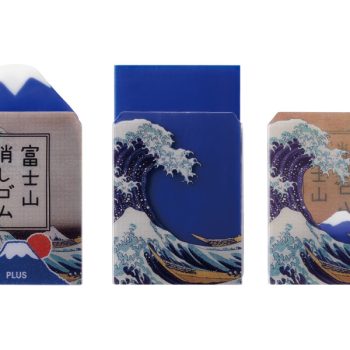

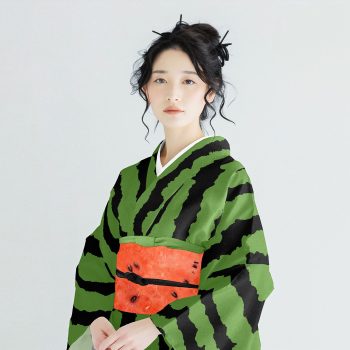
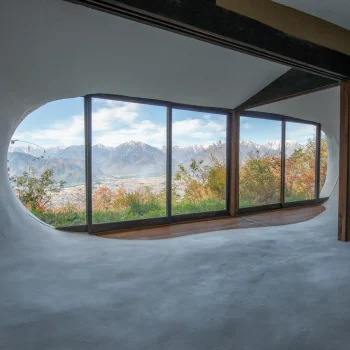


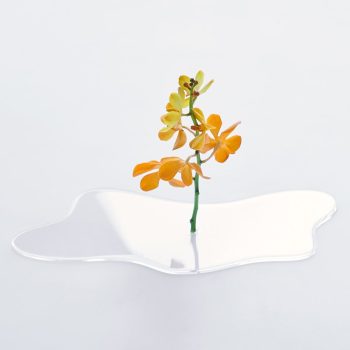
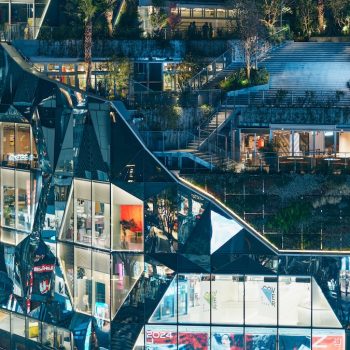
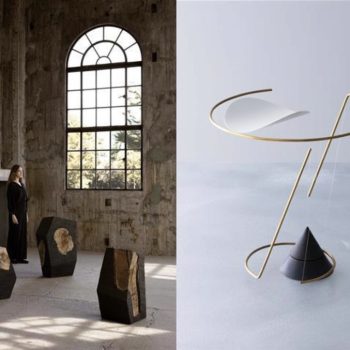









July 4, 2016 at 8:03 am
In the lines dealing with Teruhiro Yanagihara, I think the link to Isolationunit (http://www.isolationunit.info/) points to a non pertinent webpage. I think the good one is http://teruhiroyanagihara.jp/
Regards